
Vayigash: Concealment and Revelation
Why did Yosef conceal his identity? And why did Yosef ask all the attendants to leave when he finally decided to reveal himself?

Revelation
“Now Yosef (Joseph) could not restrain himself in the presence of all who stood before him, so he called out, ‘Remove everyone from before me!’ Thus no one remained with him when Yosef made himself known to his brothers” (Bereishit 45:1-3).
Why did Yosef conceal his identity? And why did Yosef ask all the attendants to leave when he finally decided to reveal himself?
Yosef’s emotional outburst was the culmination of months of maneuvering and manipulating his brothers. When the brothers first came to Egypt in search of food, Yosef concealed his identity and persecuted them. To understand why, we’ll review the sequence of events leading up to the moment that Yosef reveals himself.
Concealment
The Ramban (Nachmanides) explains that Yosef knew that his dreams were prophetic. This is why the Torah stresses: “Yosef recalled the dreams that he dreamed about them, so he said to them, `You are spies!’ ” (Ibid. 42:9). Yosef needed to do everything in his power to bring about the fulfillment of the dreams.
Yosef also understood that the dreams had to be fulfilled in sequential order. In his first dream, eleven sheaves bowed down to him, yet only ten brothers had come to Egypt, therefore, he knew that he had to bring Binyamin down to Egypt. Only after Binyamin had bowed down to him, could his father Yaakov (Jacob) come, to fulfill the second dream, in which the sun (his father) and the moon (his mother) and eleven stars (his brothers) bowed to him.
The Ramban explains, incidentally, that if it weren’t for the obligation to carry out the dreams, Yosef would have never let twenty-two years go by without contacting his father in Canaan. Once he attained the position of viceroy over Egypt, he had absolute power and could have surely sent a letter.
Although Yosef’s brothers were convinced that Yosef’s dreams were a clear sign of megalomania (a psychological state characterized by delusions of grandeur), Yosef knew they were prophetic. He understood that he would have to do everything in his power to engineer Binyamin’s appearance in Egypt, even if it meant causing his father more suffering by imprisoning Shimon until the other brothers returned with Binyamin.
Teshuva
Why, though, did Yosef inflict additional emotional suffering to his brothers by hiding the goblet in Binyamin’s sack and falsely accusing him of theft? The Abarbanel explains that Yosef understood that his prophetic dreams obligated him to assure that his brothers repented completely – teshuva shleimah – for the character flaw that had caused them to misjudge him and subsequently sentence him to be sold as a slave. This required increasing their anguish.
Yosef had witnessed his brothers’ regret. “Then they said to one another, ‘Indeed we are guilty concerning our brother inasmuch as we saw his heartfelt anguish when he pleaded with us and we paid no heed; that is why this anguish has come upon us” (Ibid. 42:21). They recognized that their suffering was a Divine punishment for their cruel treatment of Yosef. Their reaction was illustrative of their greatness, points out the Seforno. For even though they saw no fault in their earlier judgment against Yosef, as they were convinced that they had acted properly in ridding themselves of a mortal danger; they accepted their current suffering as Divine retribution.
So why did the brothers think they deserved to be punishment? Because they blamed themselves for a lack of compassion in how they carried out that decision. They regarded their callousness toward Yosef’s pleas, and not the actual sale, as wrong (Rabbi Aharon Kotler).
The Test
When the brothers sold Yosef, they were jealous of his status as a favorite son. Once Yosef was sold, Binyamin was the only remaining son from Rochel (Rachel), their father’s favorite wife. When the brothers arrived in Egypt, Yosef carefully engineered a situation to arouse their jealousy and then put them in a position where they could gain their own freedom at the expense of Binyamin’s.
Yosef forced the brothers to bring Binyamin to Egypt. Then, he lavished affection on Binyamin by seating Binyamin next to him at the head table and giving him a portion five times bigger than any of his brothers. Would the brothers be jealous that the all-powerful Egyptian viceroy showed favoritism to Rochel’s son?
Although the brothers’ attitude towards Binyamin’s privileged treatment convinced Yosef that they were no longer spiteful, he continued to test them. Yosef arranged for Binyamin to be arrested for theft and condemned to a lifetime of slavery. Would the brothers be willing to put their lives on the line to save Rochel’s child? If so, Yosef knew the family could be re-united.
This week’s parsha begins with Yehuda’s dramatic appeal to the indignant all-powerful Egyptian viceroy. When Yehuda risked his life to intercede on Binyamin’s behalf, Yosef had irrefutable proof of his brothers’ selfless love for Binyamin. All Yosef’s doubts were resolved. The time for reconciliation had arrived.
On Behalf of My Brothers
Why, though, did Yosef insist that all the attendants leave the room before revealing himself? Rashi explains that Yosef did not want his brothers to be embarrassed in the presence of so many bystanders.
This seems honorable enough. However, in light of an important revelation from our Sages, Yosef’s action becomes nothing short of remarkable.
The Midrash says: “Said Rebbe Chama bar Chanina: Yosef acted inappropriately, for if one of his brothers had kicked him, he would be immediately killed” (Bereishit Raba 93:9). Why does the Midrash assert that the brothers would attempt to assault Yosef?
The brothers were under the impression that Yosef was a rodef – an aggressor who was attempting to dispose of them (see Parshat Vayeishev where this is discussed at length). Yosef had succeeded in bringing them to the point of complete repentance. They had rid themselves of the jealousy and spite that had affected their judgment of Yosef. They understood their error, and realized that as a result of their jealously they had misjudged Yosef.
And yet our Sages assume that the brothers’ first reaction after not seeing Yosef for twenty-two years would be to attack him – he is the rodef! Although they intellectually knew better, there was a very real danger that they would be overwhelmed by their ingrained habits.
From this example, we see that overcoming old habits, especially emotionally ingrained ones, is extremely difficult.
Although Yosef was aware of the danger, he also understood that his brothers would be embarrassed in front of the Egyptians. Given the choice, he decided that he would prefer to endanger his own life than be the cause of his brothers’ embarrassment! “It is preferable,” say the Sages, “that a person would allow himself to be thrown into a fiery furnace and not embarrass his fellow man” (Heard from Rav Moshe Chait, shlita).
The family reconciliation had come full circle. Yehuda showed leadership in being prepared to selflessly offer himself in place of Binyamin. Yosef responded in kind by taking a mortal risk rather than be the cause of his brothers’ mortification. The selfless devotion to one another created a new reunification of the Tribes of Israel and laid the foundation for love and harmony in the Jewish people.
By studying and understanding the fine details of the personal interactions and introspection of the righteous sons of Yaakov, may we gain insight into how to scrutinize our own character flaws and inner motives which dictate our choice of behavior. May we merit to cleanse our own souls and be successful in our own teshuva shleimah. Through these efforts may we do our part in contributing to strengthen the unity of Klall Yisroel. Amen.


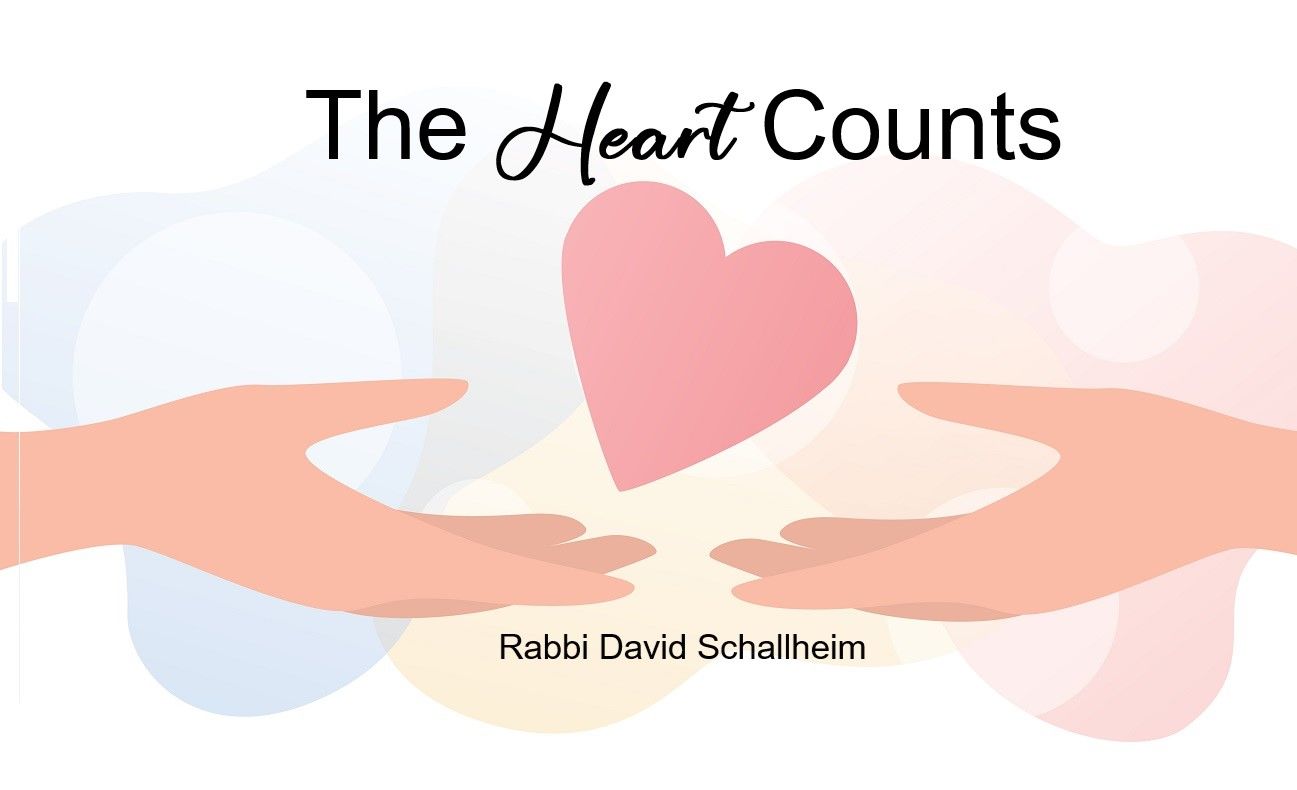
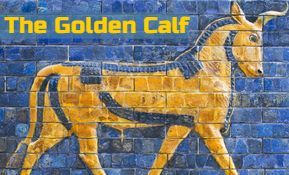
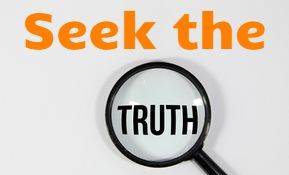
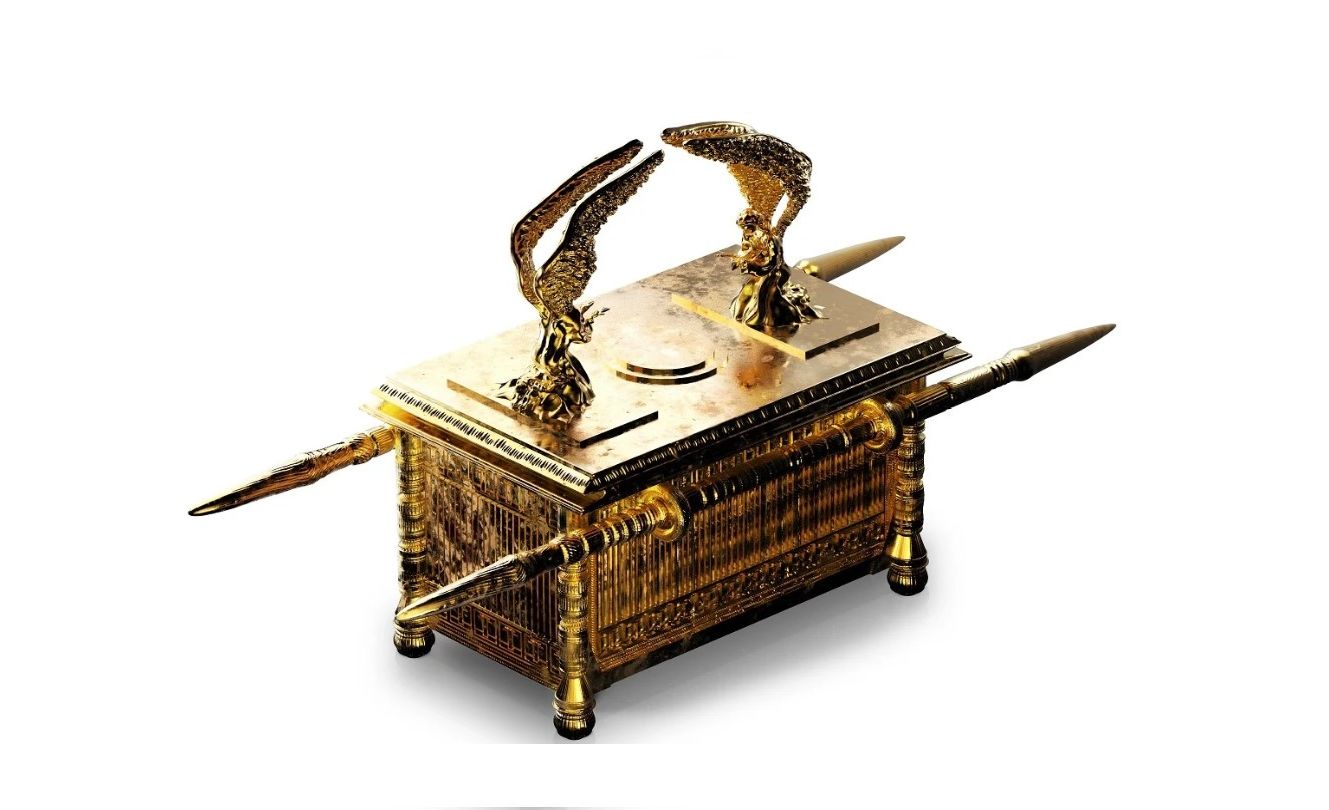


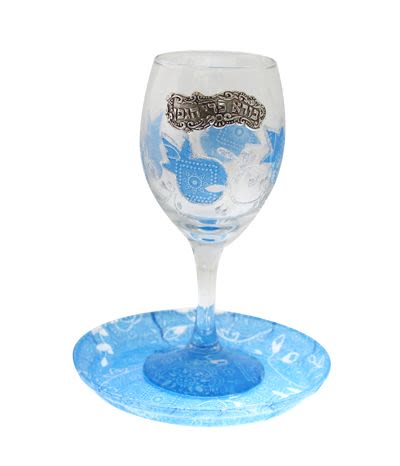
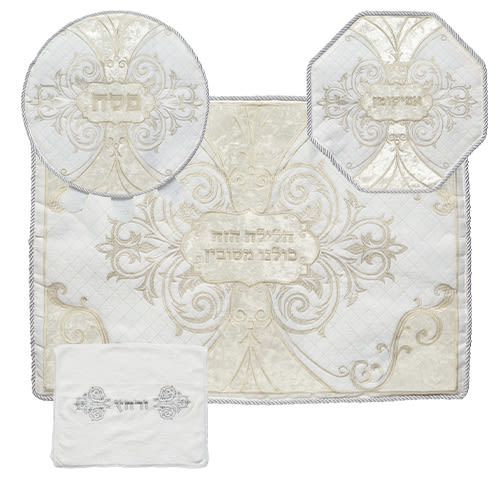
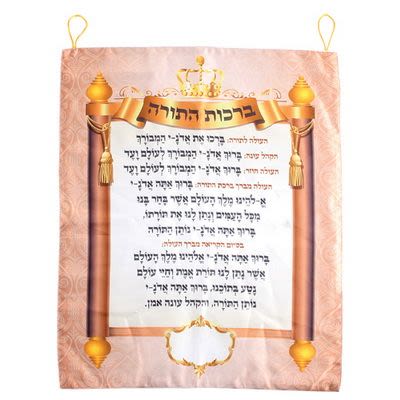
Tell us what you think!
Thank you for your comment!
It will be published after approval by the Editor.